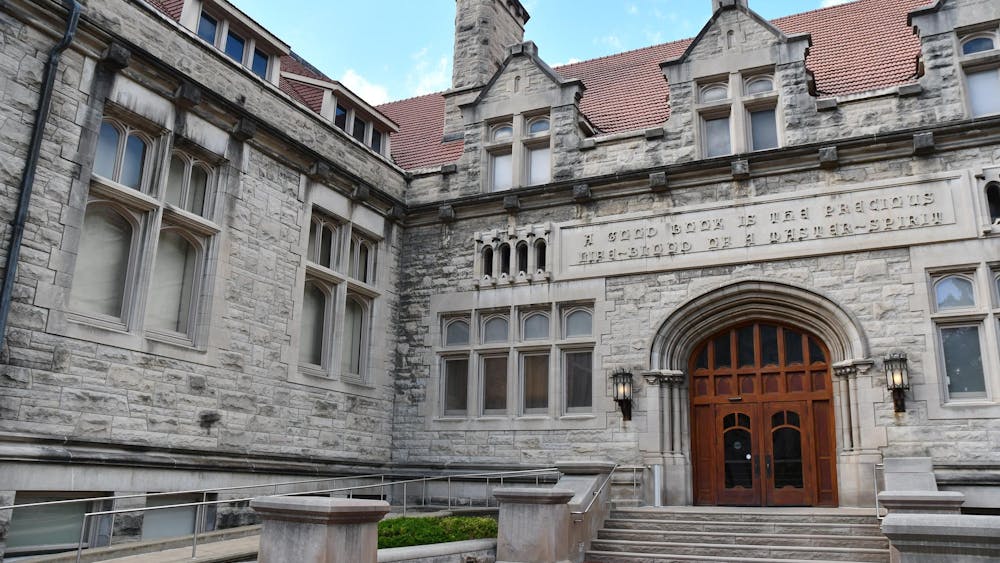The magic number is 2,382.
That’s how many delegates Sen. Bernie Sanders and former Secretary of State Hillary Clinton need to win to earn the Democratic nomination for November’s general election.
Elections can be won and lost with the 3,000-plus pledged state delegates, but many people are uninformed about the less-visible force capable of exerting a great deal of influence on elections: superdelegates.
Don’t be fooled by the name, superdelegates are not here to save the day.
During last week’s contest in Iowa, the popular vote was virtually split, and Clinton took home 23 delegates to Sanders’ 21.
As opposed to pledged delegates, whose decisions are at the mercy of their state’s popular vote, superdelegates may endorse whoever they please.
Superdelegates are given their distinction based on party leadership or their status as a current or former elected official.
Among their ranks for the 2016 election are former President Bill Clinton, former Vice President Walter Mondale and Indiana Senator Joe Donnelly.
With his wave of grassroots support and calls for revolution, Sanders has received a boost in the last month, thanks to a strong showing in Iowa and well-received performances in debates. He is now neck-and-neck with Clinton.
A November count of superdelegates conducted by the Associated Press suggests quite the opposite, as Clinton currently has the support of roughly 384 of them. Sen. Sanders has 29.
And to add, Sanders himself is a superdelegate. Three percent of Bernie Sanders superdelegates are Bernie Sanders.
The idea that the opinions of state representatives are worth more than yours or mine undermines the very idea of democracy.
The two candidates are separated in the polls by a margin much smaller than thirteen-to-one, which is the margin by which they are separated in terms of superdelegates.
One could claim superdelegates’ expertise in the political arena, but it’s undeniable that the amount of influence given to them is still extremely disproportionate, regardless of how closely they know the candidates or the inner-mechanisms of government.
Superdelegates’ opinions are exponentially more influential.
As the race continues, it’s important to note superdelegates aren’t locked into decisions.
Sanders’ campaign manager, Jeff Weaver, predicted earlier this month that, should the Senator’s popular support continue to surge, valuable superdelegates will switch their allegiance to his camp.
The current process of nominating a presidential candidate favors established names and ideas and concentrates decision-making power among few.
It’s time we scrapped the system for something that better represents the ideals upon which our idea of democracy was built and does not rob the average person of a voice and an ability to make a difference.
dkilcull@indiana.edu





